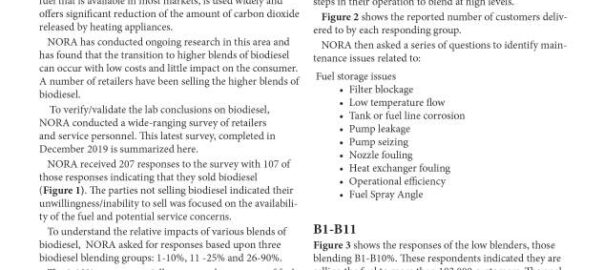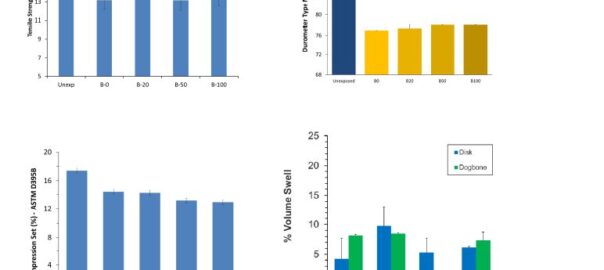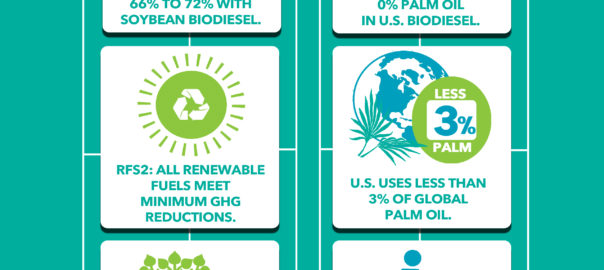NORA President, John Huber, spoke with Eurofuel about the necessity of low-carbon liquid fuels in the U.S. and the joint conference on the Future of Liquid Fuels that NORA is hosting with Eurofuel on consecutive Wednesdays starting August 19.
What role can low carbon fuels play in climate protection?

The economic activity of a high percentage of our economy is linked to carbon fuels. Heat, electricity and transportation represent almost 46% of carbon emissions. If we do not address fuels, we are essentially not addressing global warming which is not an acceptable answer. Thus, we must have lower carbon fuels. As an industry that supplies liquid fuels we must supply the right low-carbon answer or we are essentially conceding the battle.
Continue reading






